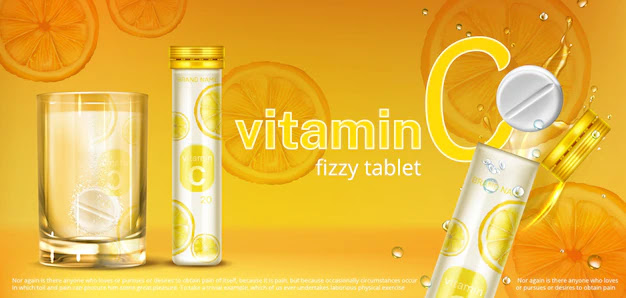Colds affecting children, their causes, treatment and prevention
Children are at greater risk of catching a cold compared to adults due to their smaller airways and higher susceptibility to viruses. In addition, younger children can be particularly vulnerable during the winter months when sick people tend to spend more time in public spaces and where germs can multiply rapidly. If you have a child under the age of 12 and you think that they may have symptoms of a common cold or flu, do not self-diagnose based on your own experience alone. Instead, see your doctor for advice about what treatment options might be available for them.
Viruses are the main cause of colds in children
Viruses are not bacteria, they're a different type of germ that can only be seen with a microscope. They reproduce inside living cells and must infect another cell to spread their genes.
Children can catch colds when a virus spreads from one person to another
When you breathe in the droplets from an infected person, your nose and throat are irritated. This makes it difficult for you to breathe and may cause you to sneeze or cough.
Children who touch surfaces that have been touched by someone with a cold can get sick themselves if they touch their own hands, face or eyes without washing them first! They also need to avoid touching other people’s hands until after touching a door handle (and even then only if there is no visible sign of contamination).
Most coughs and colds improve on their own within about a week
Most coughs and colds are caused by viruses, which cannot be treated with antibiotics. The symptoms usually get better on their own within a week, although at least one night of rest is often needed to clear up the condition. Children can be given paracetamol or ibuprofen to relieve aches and pains caused by a cold, but these medicines should not be used for long periods because they may cause stomach upsets in some cases.
You should not give over-the-counter cough and cold remedies to children under six years of age unless advised by a GP or healthcare professional
Cough and cold medicines are often used by parents to help relieve the symptoms of a cold, however they may do more harm than good in some cases.
It's important to remember that these products contain strong ingredients which can cause side effects such as dizziness and sleepiness. Additionally, many products contain alcohol or sugar which can make breathing more difficult for young children who already struggle with lung function issues due to their immature lungs (a condition called ‘bronchopulmonary dysplasia’).
The best way to treat a child's cold is by helping them feel better by making sure they get plenty of rest and drink as much fluid as they want.
Don't give them over-the-counter medicines without speaking to your doctor first, because they can make the cold worse.
Children can catch colds when a virus spreads from one person to another.
There are no medicines specifically for treating the common cold, but you can give your child paracetamol or ibuprofen to relieve aches and pains and bring down a high fever (if they have one).
Paracetamol or ibuprofen are the only medicines that can be given to children under 6 years of age. Do not give aspirin to children under 16 years of age, as their bodies may not be able to break down the drug effectively (a child's liver is still developing and cannot process all drugs as quickly as an adult).
In addition, you should never give paracetamol or ibuprofen with any other medication containing codeine; this includes cough remedies containing codeine such as Disprin® Junior or Robitussin DM® Cold & Flu Relief Cough Syrup.
When it comes to coughs and colds in children, antibiotics are ineffective
They can be used if your child has a bacterial infection, but they shouldn't be used to treat colds and coughs unless you have symptoms of an upper respiratory tract infection (URTI).
If your child has a fever, see a doctor who can prescribe antibiotics for those infections.
There is no evidence that taking extra vitamin C or echinacea dietary supplements helps prevent or treat coughs or colds in children.
There are many home remedies for treating a cold, including lemon juice, garlic and honey. You can give your child paracetamol or ibuprofen to relieve aches and pains, bring down a high fever (if they have one), or just give them some extra love.
Make sure your child gets plenty of rest and drinks lots of fluids, but don't give them over-the-counter medicines without speaking to your doctor first.
Rest: Your child should get plenty of sleep at night so they can recover from their illness more quickly.
Fluids: Keep the child hydrated by giving them a drink every few hours during the day (1 cup for every 10 pounds). If you're breastfeeding, make sure to increase your baby's fluid intake until he or she has finished breastfeeding; then return back down again as needed.







